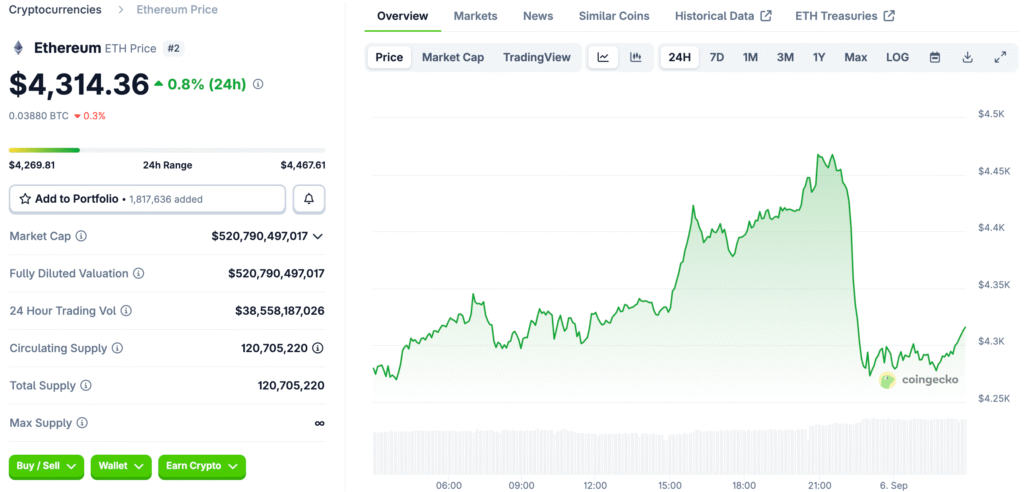Understanding Ethereum Beyond Cryptocurrency
Ethereum is not just a digital coin; it is also a decentralized platform. It lets developers make apps without needing banks or big companies.
Ethereum is different from Bitcoin because it has smart contracts and decentralized apps. This new idea makes it possible to do transactions without trust and opens up a lot of possibilities around the world.

Vitalik Buterin and the Beginning of Ethereum
Vitalik Buterin came up with the idea for Ethereum in 2013. He thought of a blockchain that could do more than just handle money; it could also run code.
Buterin’s whitepaper got support from co-founders Gavin Wood and Joseph Lubin. In 2014, they worked together to launch Ethereum through a successful ICO.
How Smart Contracts Changed Blockchain Forever
Ethereum stores smart contracts, which are programs that run on their own. They work as soon as the right conditions are met, without the need for middlemen.
These contracts are clear, can’t be changed, and do a lot of work on their own. They are what make DeFi protocols, NFTs, and decentralized governance models work.
Recommended Article: BitMine Fuels Ethereum Price Surge With Massive Purchase
Moving from Proof of Work to Proof of Stake
At first, Ethereum used proof of work, just like Bitcoin. This method used a lot of energy.
The Merge changed Ethereum to proof of stake in 2022. This update cut energy use by 99% and added rewards based on validators.
Ethereum Apps in Many Fields
Decentralized finance, social apps, and global payment systems all run on Ethereum. People all over the world can trade tokens, borrow money, or pay with ETH.
It also lets NFTs work, which gives creators tools for owning things online. These apps keep spreading Ethereum’s reach across many fields.
Ethereum and the Growth of DAOs
Ethereum made it possible for decentralized autonomous organizations, or DAOs, to exist. These are groups run by the community that are controlled by smart contracts and voting systems.
DAOs on Ethereum handle stablecoins, investments, and communities. They show new ways to organize without using traditional hierarchies.
The Future of Ethereum and Web3 Development
Ethereum wants to be the base for Web3, an internet owned by its users. In this future, people, not businesses, will be in charge of their own data and identity.
Ethereum is still the most popular cryptocurrency, even though Solana and Cardano are trying to compete with it. It could solidify its place in the next era of the internet with scaling upgrades.























